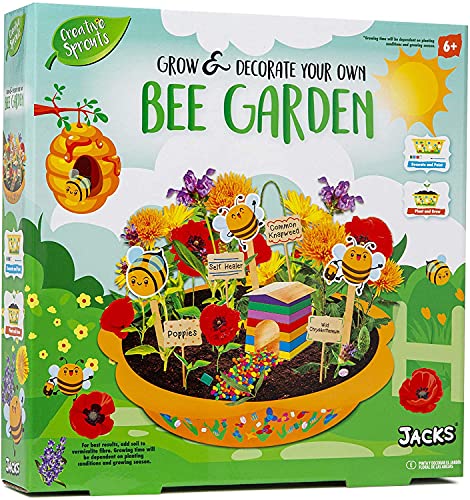- Joined
- Sep 23, 2010
- Messages
- 4,945
- Reaction score
- 5,117
- Location
- North London, West Essex and Surrey
- Hive Type
- National
- Number of Hives
- 70
Bees have been undervalued for years and it's about time purchasers get realistic.
people take too much an advantage of beginners
Low price won't lead to a recognition of value; a higher price is more likely to focus the mind.
Cheap nucs encourage easy-come, easy-go beekeeping; some don't even get that far: we've had customers who leave a deposit for an expensive nuc, change their mind and don't collect bees or deposit.
A shake of the hand may have worked for low-cost supply in a pre-internet era to beginners in tight-knit communities - rural or urban - but online buying and social mobility has eroded that reciprocal generosity to a great extent.
Perhaps that's a pity, but nobody should be asked (or expect) to pay 54p for a loaf of bread, just because it was that price forty years ago.
Last edited:



















































